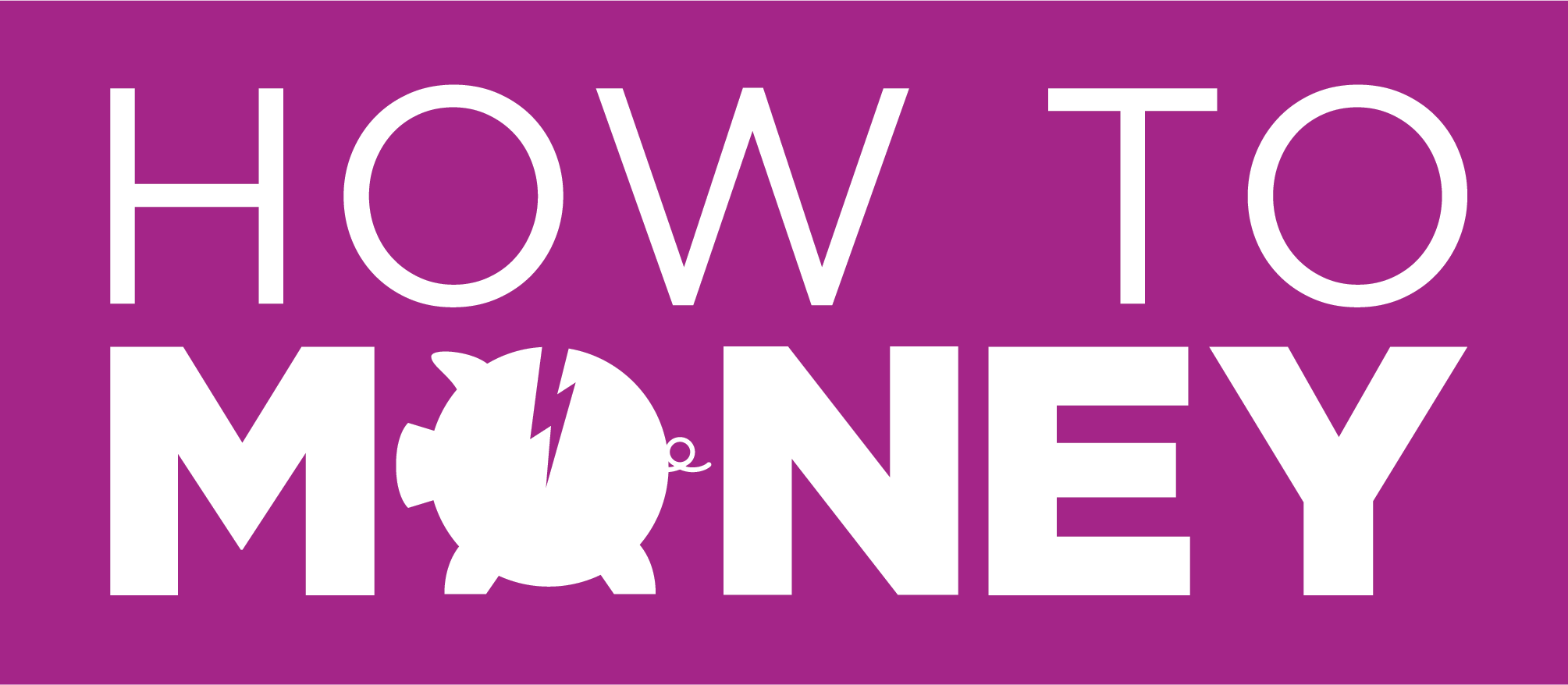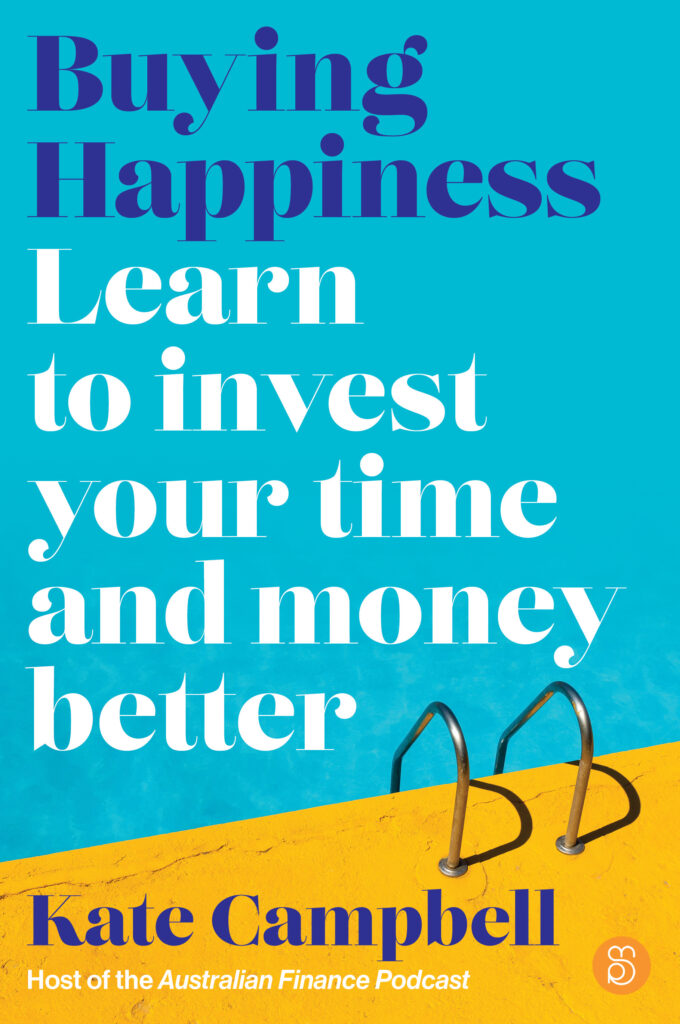
What’s Happening in the Australian Banking Sector?
You may be wondering what on earth is going on in the banking sector at the moment, with the Banking Royal Commission and various scandals making headlines every week. Stacy from Wildcard gives us an overview of some of the recent issues and changes in the sector and has a look at the future of banking in Australia.
What’s happening in the Australian banking sector (and why you should care)?
For an industry responsible for looking after our money, the major Australian banks have done little to deserve our trust recently. Since the Banking Royal Commission commenced public hearings in March, our news feeds have been swamped with some shocking cases of misconduct and deceit. Some of the highlights (or lowlights) of the proceedings so far include an alleged NAB bribery ring; Commbank charging dead people fees for no service; and AMP admitting to misleading the regulator ASIC on several occasions (leading to the resignation of their CEO and Chairman).
In addition, Commbank recently agreed to a $700 million fine for money-laundering breaches which (if approved) will break the record for biggest civil penalty ever imposed on an Australian corporate. Despite these ever-increasing scandals, the likelihood that you’ll actually dump your Dollarmites account is pretty slim. Half of Australians still use their very first bank, a figure so high it’s often said that you’re more likely to get divorced than break up with your bank.
So why don’t people make the switch?
The Productivity Commission recently described the level of competition in the banking sector as “less than desirable”. A series of mergers and acquisitions has seen the number of authorised deposit-taking institutions (ADIs) in Australia halve between 1999 and 2017. Apart from giving consumers less choice, this has also reduced pressure on the Big 4 to innovate and provide us with better products and services at a lower cost.
Even if you want to switch banks, the process can be so complex and time-consuming (not to mention boring), that most people don’t carry through with it.
But there’s some good news…
After the events of the global financial crisis, countries such as the UK saw the need to promote competition in the banking sector. The subsequent introduction of progressive regulations (like open banking and PSD2) paved the way for new digital-only startups, often called “challenger” or “neo” banks, to enter the market. These companies would entice dissatisfied customers away from traditional institutions with a combination of low fees, faster services, and a superior mobile user experience.
Since 2014, the likes of Revolut, Monzo, and N26 have collectively gained more than 2.5 million customers across Europe. Revolut has recently added cryptocurrency exchange functionality to its app whilst Starling Bank is busy partnering with other startups (in spaces like insurance and wealth management) to offer their users a more comprehensive banking experience.
Are we going to see something similar in Australia?
Absolutely! The federal government has recently announced a string of reforms (like open banking and equity crowdfunding) which will make it easier for challenger and neobanks to compete with the big guys.
There’s definitely a lot of disruption happening in the banking sector! Some of these startups are aiming to offer a full retail banking suite online — complete with home loans, credit cards, transactions and savings accounts. Others, like Wildcard, will focus on perfecting niche products (in our case, transaction accounts).
Volt Bank has already been granted a restricted ADI (Authorised Deposit-Taking Institution) license. UK founder of Atom Bank and Metro Bank announced the launch of an Australian alternative 86 400, backed by payment provider Cuscal. Xinja are creating innovative transaction accounts while preparing to get an ADI license, and Pelikin are working on solving that travel card hassle with a bank account that works worldwide for Aussie travellers.
It’s definitely an interesting time in the sector at the moment, and it’s worth keeping an eye out for these up and coming challenger banks.
Stacy — HTM Guest Contributor (from Wildcard)
This article was written by Stacy Goh, Marketing Coordinator at Sydney-based FinTech Wildcard. They’re building an alternative to your transaction account that helps you get on top of your finances, without the hassle of a budget. A recent uni graduate, Stacy has been a part of the startup world for the past three years and previously ran operations at Sneaking Duck. Check out Wildcard’s app or follow them on Medium.
Important Information
The information on this blog and website is of a general and educational nature only. It does not take into account your individual financial situation, objectives or needs. You should consider your own financial position and requirements before making a decision, as we are not an advisory service. We recommend you consult a licensed financial adviser in order to assist you. The information is based on assumptions or market conditions which can change without notice, and this will impact the accuracy of the information provided. This website and blog occasionally provides links to third party sites, aimed at helping you gather the information required to make an informed decision — we may receive payment for these referrals.






